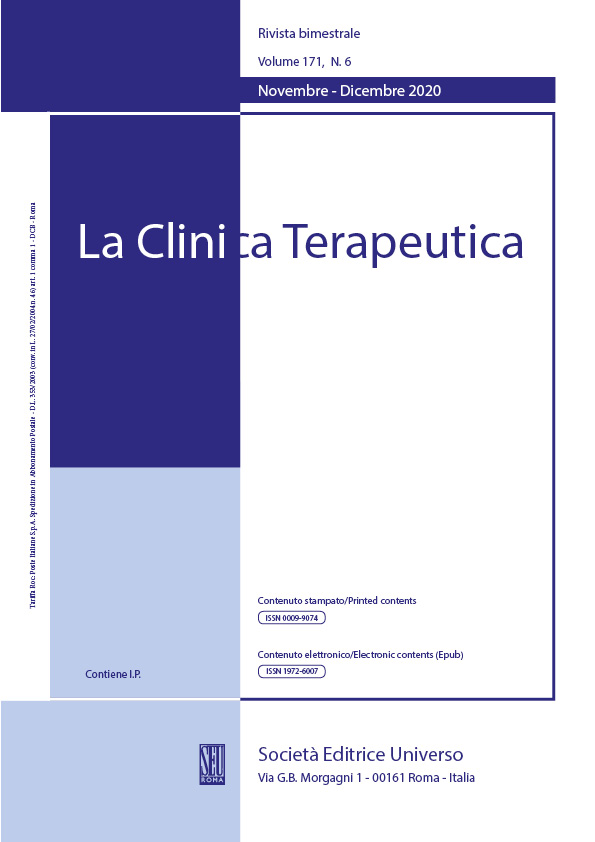Abstract
Background: Twin-twin transfusion syndrome (TTTS) is a severe prenatal complication of monochorionic diamniotic twins (MCDA). If left untreated, TTTS is associated with a high risk of neonatal death and neurological complications. Various treatment methods for TTTS have been proposed, but fetoscopic laser surgery (FLS) is currently the primary treatment for TTTS in global fetal medicine centers. The objective of this study was to evaluate the outcome of TTTS following FLS treatment at Hanoi Obstetrics and Gynecology Hospital (HOGH), a new fetal medicine center in Vietnam.
Methods: A prospective study of a series of 33 consecutive TTTS cases prior to 26 weeks of gestation subjected to FLS at HOGH in Vietnam between September 2019 to July 2021. Neonates were monitored for at least six months after birth.
Results: The survival rate of at least one fetus reached 84.85%. No short-term neurological complications have been reported upon follow-up of the newborn up to six months after birth. There were three stillbirth cases (9.09%), one case of preterm ruptured membranes (PROM) (3.03%) after seven days of surgery and three cases of recurrent TTTS after surgery using the Solomon technique (25%). No maternal complications were observed. The mean gestational age at birth was 33.76 ± 4.52 weeks, with a mean interval of 12.24 ± 6.67 weeks between intervention and delivery. Nine cases (30%) were born prematurely before 32 weeks. Additionally, 60% of recipients and nearly 90% of donors weighed less than 2500 grams.
Conclusions: FLS leads to high survival rates for fetuses with TTTS. FLS seems to be an effective therapeutic option for TTTS before 26 weeks of gestation.

